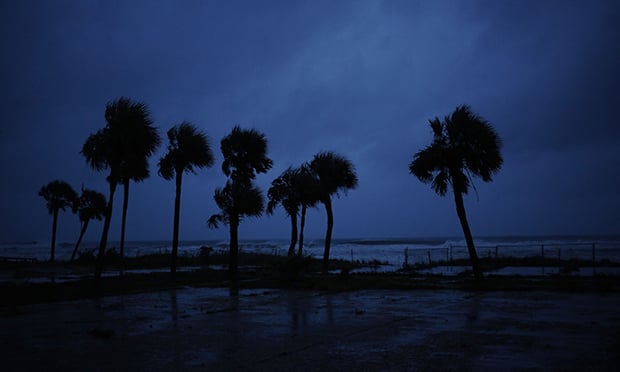 Fuel stocks are so low that if a major hurricane had struck along the Gulf Coast, the "U.S. would have stepped in and banned" product exports, according to Amrita Sen, co-founder and director of research at consultancy Energy Aspects Ltd. The White House is already weighing restrictions on overseas sales of gasoline, diesel and other refined products as a way to boost U.S. stockpiles and force retail prices lower. (Credit: Luke Sharrett/Bloomberg)
Fuel stocks are so low that if a major hurricane had struck along the Gulf Coast, the "U.S. would have stepped in and banned" product exports, according to Amrita Sen, co-founder and director of research at consultancy Energy Aspects Ltd. The White House is already weighing restrictions on overseas sales of gasoline, diesel and other refined products as a way to boost U.S. stockpiles and force retail prices lower. (Credit: Luke Sharrett/Bloomberg)
(Bloomberg) — The risk of a hurricane strike is shifting to the U.S. East Coast and the Caribbean as the storm season enters its final weeks, with the threat of a blow to the western Gulf this year all but disappearing.
Recommended For You
Want to continue reading?
Become a Free PropertyCasualty360 Digital Reader
Your access to unlimited PropertyCasualty360 content isn’t changing.
Once you are an ALM digital member, you’ll receive:
- Breaking insurance news and analysis, on-site and via our newsletters and custom alerts
- Weekly Insurance Speak podcast featuring exclusive interviews with industry leaders
- Educational webcasts, white papers, and ebooks from industry thought leaders
- Critical converage of the employee benefits and financial advisory markets on our other ALM sites, BenefitsPRO and ThinkAdvisor
Already have an account? Sign In Now
© 2025 ALM Global, LLC, All Rights Reserved. Request academic re-use from www.copyright.com. All other uses, submit a request to [email protected]. For more information visit Asset & Logo Licensing.








